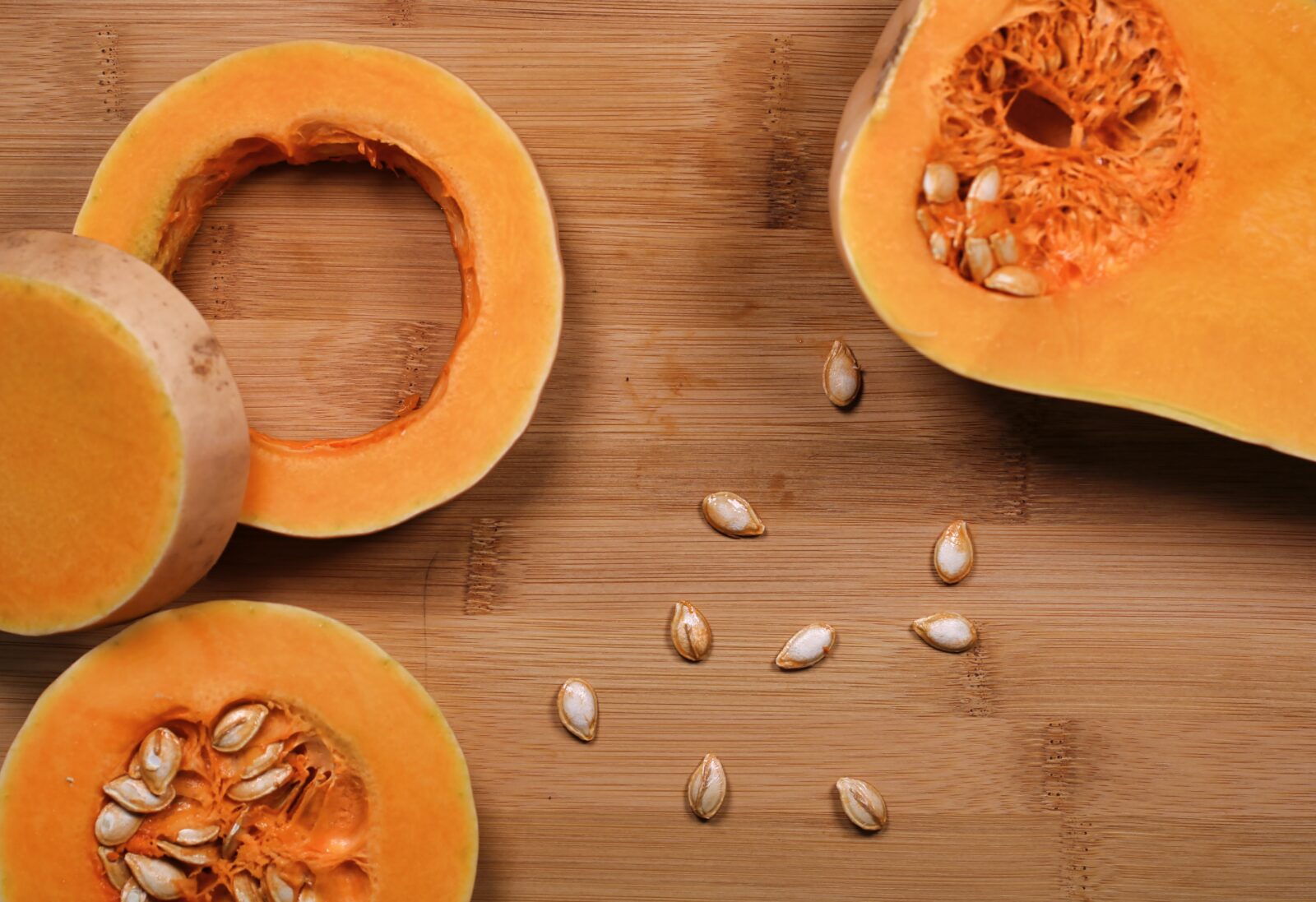You’ve probably heard that pumpkin seeds are good for you, but you may not know just how good they are. Pumpkin seeds are a rich source of potassium, magnesium, and zinc. They also contain plenty of vitamin K, which helps build strong bones.
The nutrients in pumpkin seeds have been linked to several health benefits:
- Lower blood pressure: Pumpkin seed oil can lower blood pressure by reducing inflammation in the arteries and improving blood circulation throughout the body. It may also help prevent heart attacks by lowering triglyceride levels in people with diabetes.
- Decrease symptoms of menopause: Eating pumpkin seeds may help reduce hot flashes during menopause due to their high levels of magnesium. Magnesium is known to decrease anxiety, which often occurs during menopause due to hormone fluctuations in the body.
However, eating pumpkin seeds can also have some surprising side effects on your body.
Potential side effects
- An Upset Stomach
Pumpkin seeds are high in fiber and protein — two things that can be difficult for many people to digest. If you have a sensitive digestive tract or an IBS diagnosis, eating too much pumpkin seed could give you an upset stomach or diarrhea.
- Irritation Of The Mouth And Throat
Pumpkin seeds contain salicylates, which is a chemicals found in many different types of plants and foods, including apples and cherries. Salicylates can cause an allergic reaction in some people, especially those with asthma or hay fever (allergic rhinitis). Symptoms include itching and inflammation of the mouth and throat — similar to how an allergy sufferer would feel after eating strawberries or other fruits high in salicylates.
- Allergic reactions
Allergic reactions and skin reactions such as swelling or hives may occur if you have a food allergy or sensitivity to any of the ingredients in pumpkin seed oil (such as nuts). If you experience these symptoms after eating pumpkin seed products, consult a doctor immediately!

























Leave a Reply